Question And Answer
Publications
Articles, publications, books, tools and multimedia features from the U.S. Institute of Peace provide the latest news, analysis, research findings, practitioner guides and reports, all related to the conflict zones and issues that are at the center of the Institute’s work to prevent and reduce violent conflict.

Sarhang Hamasaeed on Iraq’s Elections
“All the energy of the country is focused on October 10” as Iraq prepares for crucial parliamentary elections, says USIP’s Sarhang Hamasaeed. “We’ll see if it will produce a government and a parliament that [is] closer to what the people expect … and restore some of the faith of the voters in the process.”
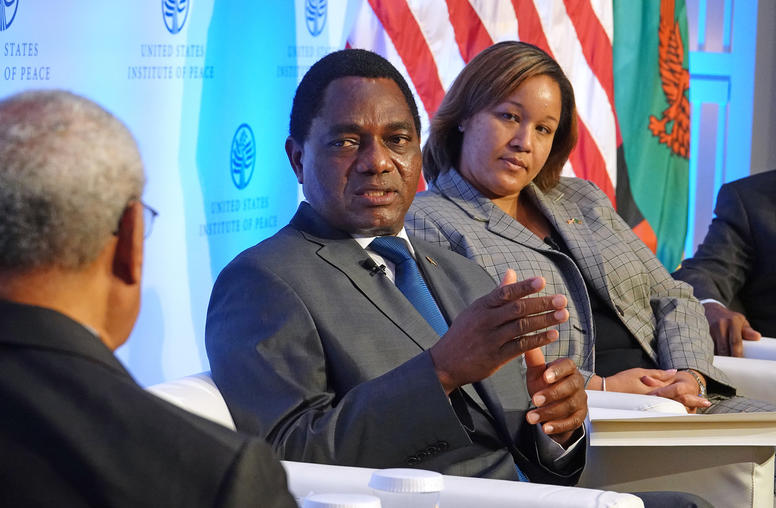
Zambia’s New Leadership and the Stakes for Africa
Weeks after his election to lead his southern African nation, Zambian President Hakainde Hichilema vowed to reverse his country’s recent erosion of democracy and good governance, and to stabilize an economy in recession—all despite the burdens of COVID, environmental shocks, and a dangerous “mountain” of debt accumulated in recent years.
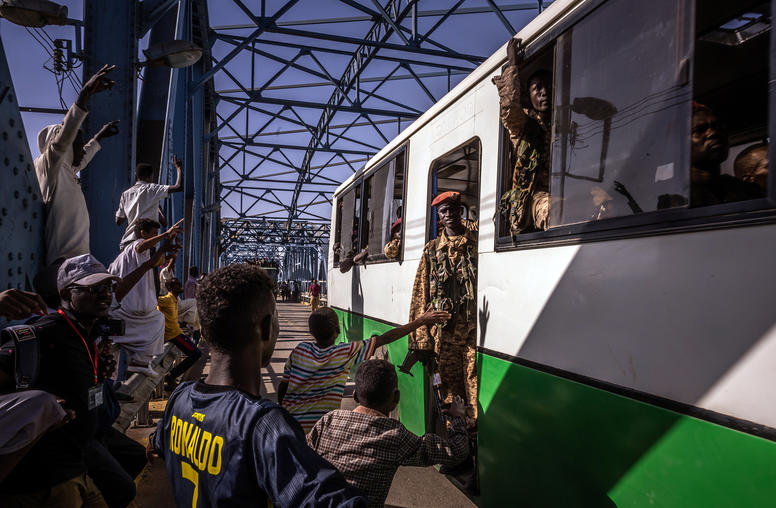
Reported Coup Attempt Complicates an Already-Tenuous Transition in Sudan
USIP’s Joseph Tucker examines who may have been behind the plot, their possible motives, how the failed coup affects the national conversation over the role of the military in Sudan and what can be done to shore-up the country’s democratic transition.
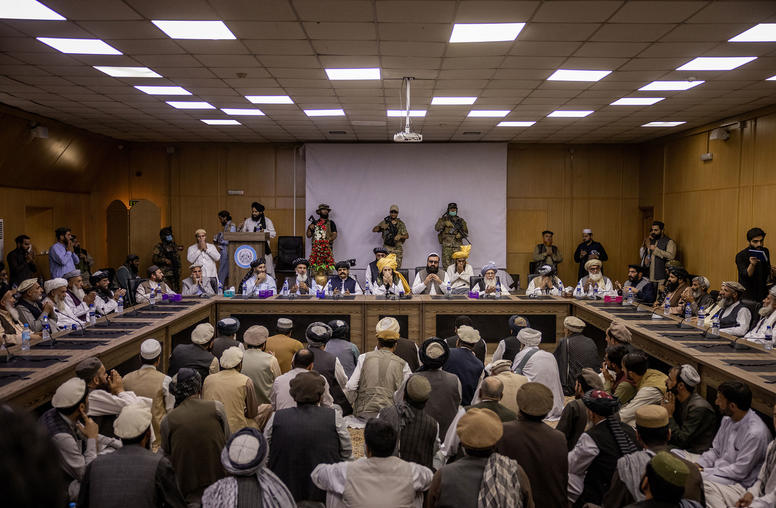
Five Questions on the Taliban’s Caretaker Government
As part of the Taliban’s bid to re-establish the “Islamic Emirate of Afghanistan,” the militant group announced the line up for its caretaker government on Tuesday. Despite several leading Taliban figures saying the movement would govern in a more moderate and inclusive fashion, the acting appointments made this week were mostly old guard members who played similar roles when the group ruled Afghanistan in the 1990s. USIP’s Andrew Watkins discusses who the key players are, what it signals about the Taliban’s commitment to inclusivity, the key challenges the government will face and how the West and regional countries should engage.
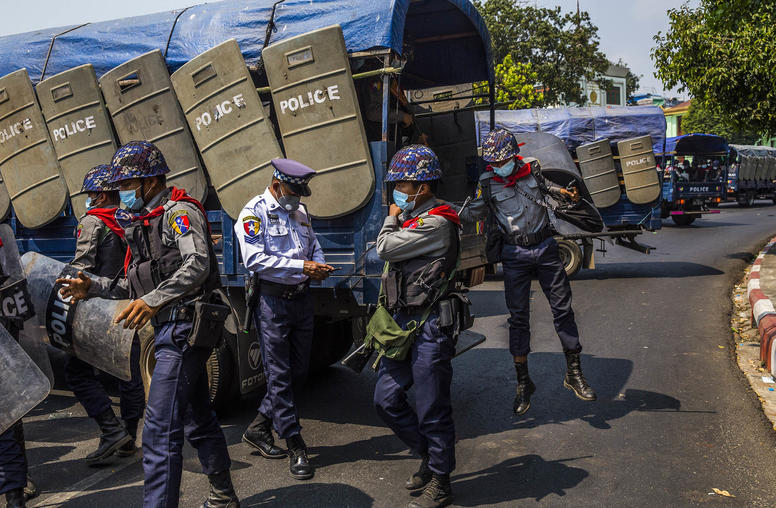
In Myanmar, the State the Generals Seized Is Coming Apart
Over the past six months under the junta’s “care,” the chaos and turmoil sparked by the coup has moved the country past the brink of failed state status. Growing armed resistance is emerging in the shrinking area where the military’s unbridled brutality has preserved its veneer of control. In liberated zones and particularly in regions controlled by ethnic armed organizations (EAOs), new forms of governance and even sovereignty are taking shape in the vacuum left by Commander-in-Chief Min Aung Hlaing’s war on political reform.
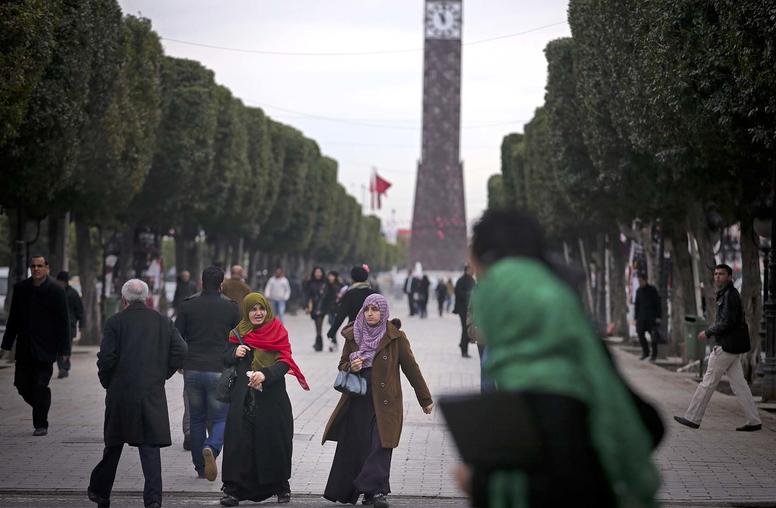
What’s Next for Tunisia’s Transition?
Long heralded as the sole success story of the Arab uprisings, Tunisia was thrown into political tumult on July 25 when President Kais Saied dismissed the prime minister, suspended parliament and removed politicians’ immunity from criminal prosecution. The decision followed days of protest and long-term malaise, with Tunisians angered over the government’s COVID response, endemic corruption, a lagging economy and, more broadly, the inability of the post-Ben Ali political system — particularly political parties — to deliver for citizens. While many Tunisians supported Saied’s move, they and the international community await what comes next and how it will impact the North African country’s long-term political and economic trajectory.
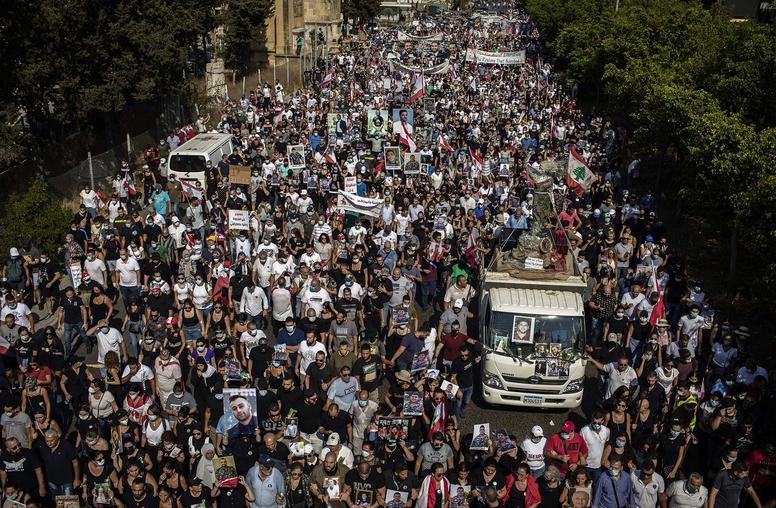
How to Pull Lebanon out of its Torturous Fall
A year after the horrific Beirut port explosion on August 4, 2020, the legal pursuit of justice and accountability is proving pointless. Little to no progress has been made, due to how deeply embedded corruption is in the country’s political and business structures. The upcoming legislative elections next year could be an opportunity to set the country on a reform track — but only if they are managed by an independent body under international supervision.
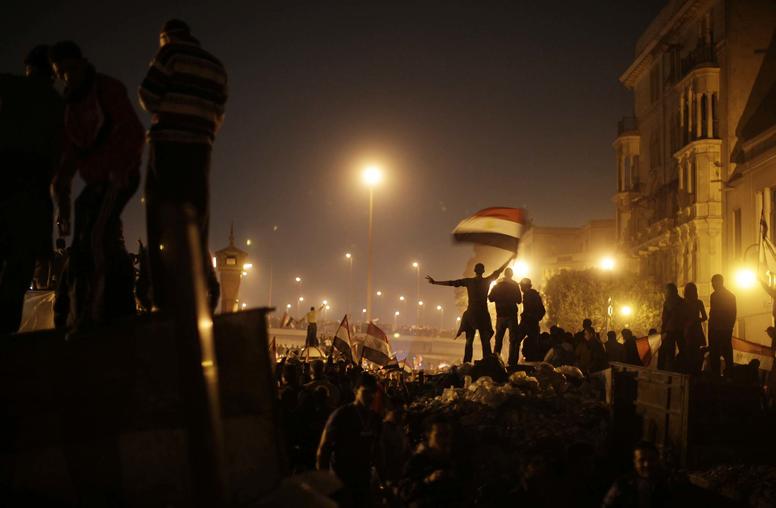
The Living Legacy of the Arab Uprisings
A decade after the popular uprisings that dramatically swept the Arab world in 2011, the debate continues about their impact, meaning and ultimate value in understanding contemporary Arab politics and culture. When Egypt reverted to strongman rule with Abdel-Fattah el-Sisi's coup in 2013, and as the civil wars in Syria, Libya and Yemen dragged on with no sign of resolution in recent years, many concluded that the “Arab Spring” was an ephemeral and failed experiment in political change. The dramatic democratic backsliding in Tunisia, where President Kais Saied suspended parliament and dismissed the prime minister in what many critics and observers have described as a coup, could only add to that conclusion, as Tunisia was often considered the Arab Spring's only "success story."

Lebanon: Assessing Political Paralysis, Economic Crisis and Challenges for U.S. Policy
Mona Yacoubian, senior advisor to the vice president of Middle East & North Africa, testified on July 29, 2021 at the House Foreign Affairs Subcommittee on the Middle East, North Africa, and Global Counterterrorism's hearing on "Lebanon: Assessing Political Paralysis, Economic Crisis and Challenges for U.S. Policy." Her expert testimony as prepared is presented below.
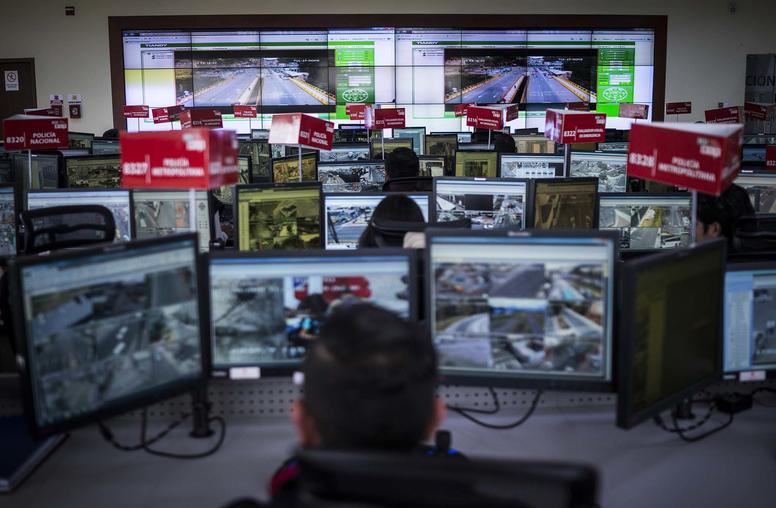
Digital Technology’s Evolving Role in Politics, Protest and Repression
The rapid adoption of digital technologies has fundamentally changed global politics. During the Arab uprisings, experts heralded digital technologies as powerful tools for social change and liberation. A decade later — with global democracy in retreat — the script has flipped and authoritarian governments are on the offensive in deploying digital tools to monitor, track and control their citizens. Indeed, the rapid emergence of these tools has ushered in a new era of political repression, says Steven Feldstein, the author of “The Rise of Digital Repression: How Technology is Reshaping Power, Politics, and Resistance.” He explains how digital repression works, China’s role in exporting such technologies and the broader implications for global conflict and democracy.